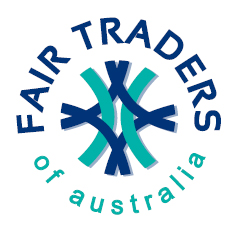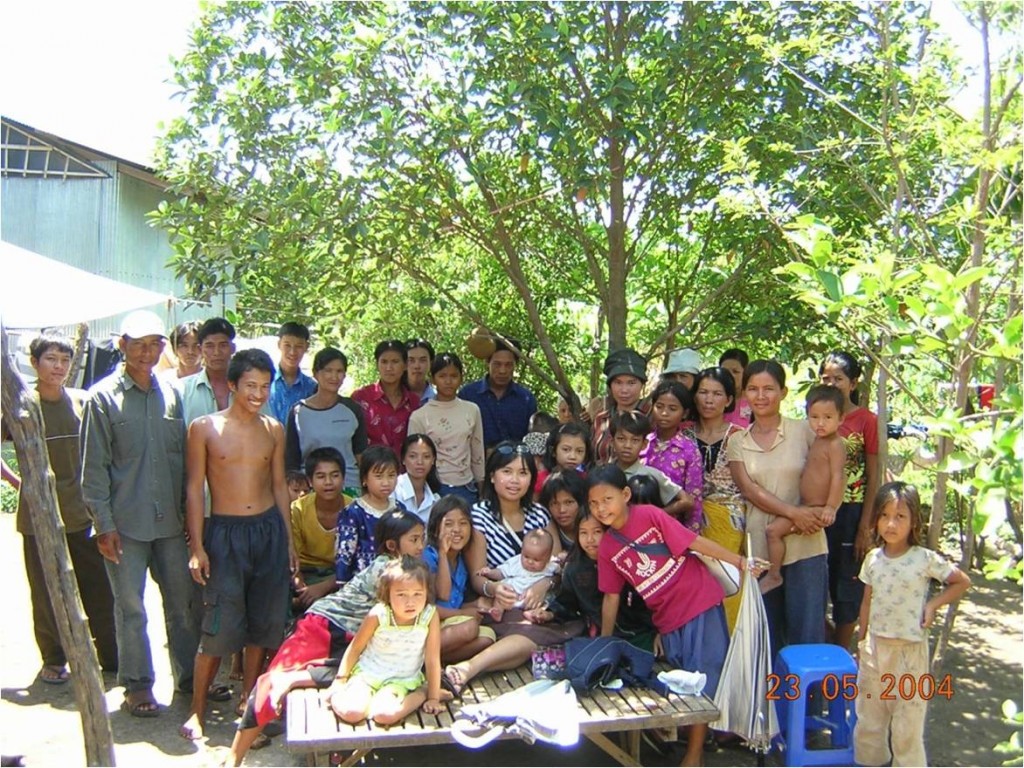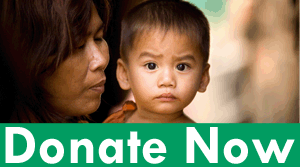Please note:
CfC has formally ceased carpet making operations in Cambodia. The project depended on huge amounts of volunteer time, including from the founding team and we need to move on with our lives – it was a really tough decision for us and we kept trying long after we should have stopped. All the producers were paid and spent 1-2 years transitioning out of carpet making into other livelihoods. We have been and are still selling off the remaining rugs to fund scholarships, pay off a couple of small loans and fund future projects – in that order.
(use discount code FINALCLEARANCE for 60% off all remaining stock)
There were some great outcomes from the project, including creating hundreds of years of education and some of the children making it to and completing university. We are grateful for the support of all our customers and want to say a final heartfelt thank you to all the hundreds of volunteers that made CfC so successful for so long.
—-
‘Carpets for Communities’ is a not-for-profit social enterprise focusing on developing sustainable solutions to end poverty. We empower mothers of impoverished families to earn a stable and fair income in the Poipet Commune of Cambodia, on the Thailand border. We teach the mothers to produce one-of-a-kind, hand-hooked carpets then resell these carpets into Australia and across the world with the support of a large volunteer base.
The income the mothers earn from producing these carpets enables their children to return to school. This provides an immediate intervention solution by allowing the children to be back in school within 48 hours of a mother entering the program. Without this intervention, the children are trapped in a cycle of poverty.
Once they have worked in the carpet production process and have increased their family’s welfare, we support them in longer term solutions by supporting them develop their own businesses’ and by providing micro-loans. These businesses can range from fruit selling, to sewing, to pig farming and many more. We support them to identify opportunities, develop business plans and provide them with capital through small business loans.
Additionally, we run programs to increase the quality of education in Poipet and a scholarship program to support disadvantaged adolescents to gain access to University.
Carpets for Communities is a recognized Fair Trader of Australia.

Founding Story
At age 23, part way through university, David Bacon moved to Thailand to work as a volunteer for a year for a student organisation called AIESEC (www.aiesec.org). While living there he was inspired to try and make a difference to the lives of some children he befriended in Cambodia who were begging from tourists. In his words:
It started after I had made several trips to the Cambodian-Thai border to extend my visa. On each trip I had met and started to make friends with the same small group of children who were begging from tourists. They were so full of energy and had such potential but I could see that their futures were dim at best – it triggered something inside me.
After I learned more about their situation I decided I wanted to do more to help them than buy them lunch once a month when I visited to extend my visa. I still remember the moment I made the decision, sitting on the bus as it pulled out to leave back to Bangkok. I had no idea what to do or how to do it but I decided to do it anyway.
I spent several trips trying to find out more about them and their situation, going to visit their families, talking to local NGOs and having a meeting with the village women to see what could be done to help their situation.
Early on when I asked the village women what would be best for them they said money or work. 
They said that starting a factory and employing them or training people in skills like sewing and electronics would be best.
My main idea was to try and help the children I had befriended to ensure they got an education and hoped eventually even access some of the opportunities I have had. So I simply put two and two together and decided to try and help the parents or families earn money so that the children no longer needed to beg and could go to school.
Initially based on the suggestions from the first meeting, I thought that sewing would be the way to go. I started trying to raise money to buy used sewing machines so that we could train them through one of the NGOs already there and use them to generate income. However this approach bumped into a few obstacles. Some of the biggest were:
1) The mothers from this group would not be able to take time unpaid to do training as they had too many children to take care of
2) The sewing and garment industry and market, while open, was becoming increasingly competitive
3) We didn’t think they had the networks for buying and selling (finding the market is the key and had proven difficult for similar projects)
At this stage I had no idea about good and bad development practices and that handouts were probably not the best long term solution.
While investigating this earlier in 2004 with a friend and colleague (Jay Lamey) we had a golden opportunity dropped in our laps.
Our Executive Director (K. Sukanya) at the foundation I was working for (after finishing my term with AIESEC) had sent some emails out about finding second hand sewing machines and one reply came from a factory that made carpets who had a show room downstairs from our office. They sent us some wool scraps to see if we could make use of them and then we had a meeting with the Managing Director (K. DuanKeaw), who said they had lots of this and that she had researched a technique for turning these scraps into carpets by hand. She also said that if we could make it in the villages, she would supply all the material and buy back all the finished products, then sell them through their shop and sales channels.
The technique is called “latch hooking” and is a relatively common pastime in many western homes (my Nanna made a big rug like this) and there are websites about it everywhere. The great thing is that this technique requires only a small wood and metal latch hook (or even a crochet hook), the wool and what is basically a net/mesh to knot the wool onto. So the money required to start and run the project was minimal and only really requires an administrator and a case worker as running costs.
We started testing the production with some local NGOs and villagers but by this time it was the end of 2004 and I needed to go back to Australia to finish my studies and look after my new daughter. A friend had met an American backpacker in a train station who emailed looking for volunteer placements and so Andrea Messmer joined the project. Leigh Mitchell, a friend of Jay’s, had started helping out by this time and he went to Poipet for a month (after I returned to Australia) and prepared things for Andrea. Even so, we still pretty much handed her an idea, a semi finished agreement with the carpet factory and some contacts.
She started in Feb 2005 with the intention of staying 3 months and ended up staying over 2 years!
Regarding the children I’d met: Initially we had employed (out of pocket) a girl we trusted to meet the children everyday after they finished on the border, help them when needed, spend time with them and report to us. She tracked the income they made everyday to give us an idea of what we needed to try and replace with the carpet making. We then decided to get the production side of the project up and running first, so that we could use the revenue from that on the outreach aspect with the kids rather than pay out of pocket.
We had no idea how hard it is to set up and grow a social enterprise that makes enough money to reinvest in social outcomes. We didn’t even know what a social enterprise was.
Production side:
We completed initial rounds of testing in early 2005 and demonstrated the ability to turn out quality pieces and found the right materials to satisfy the Carpet factory’s requirements. We then reached an agreement with Carpet Maker as to what the best product is, what price they should pay us for the finished product and how many square meters they would buy from us per month.
See some of the early test products here: WYI CfC Brochure 2005-06
The Founding Team:
Andrea Messmer, David Bacon, Jay Lamey, Leigh Mitchell



























